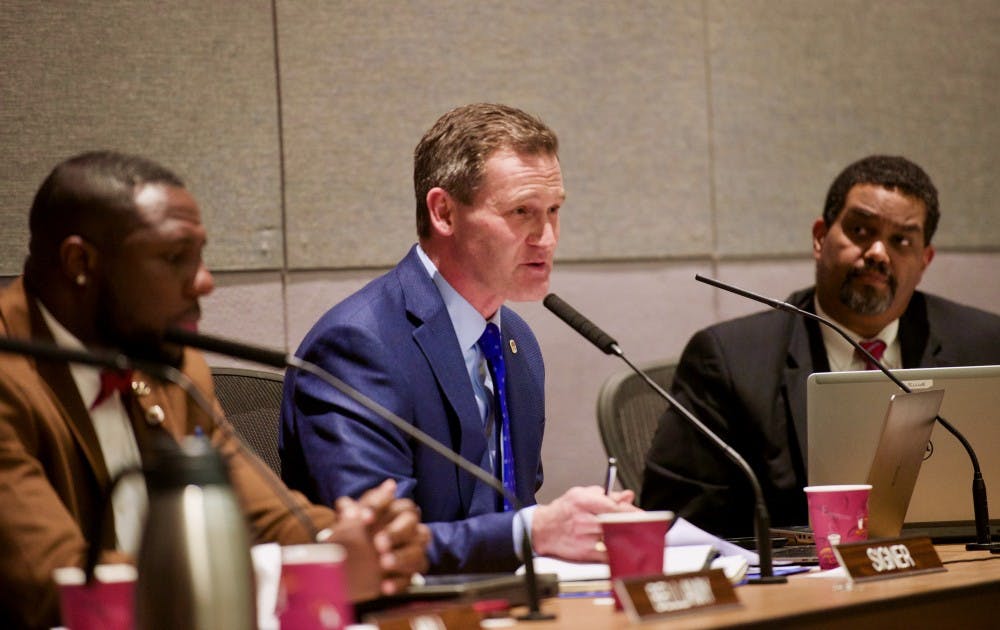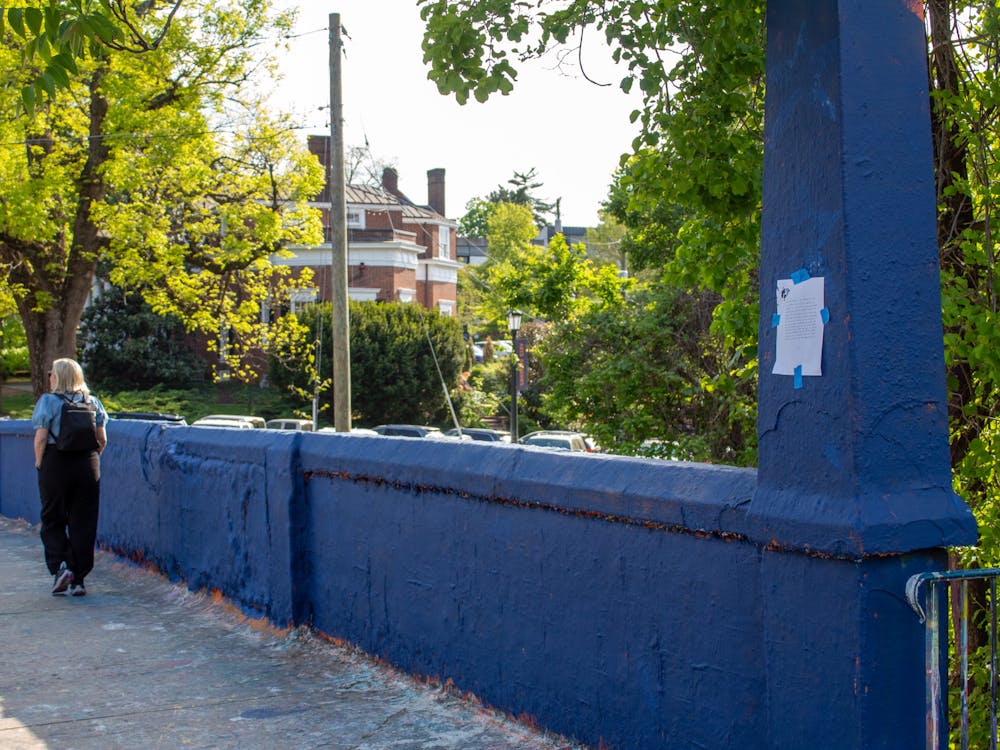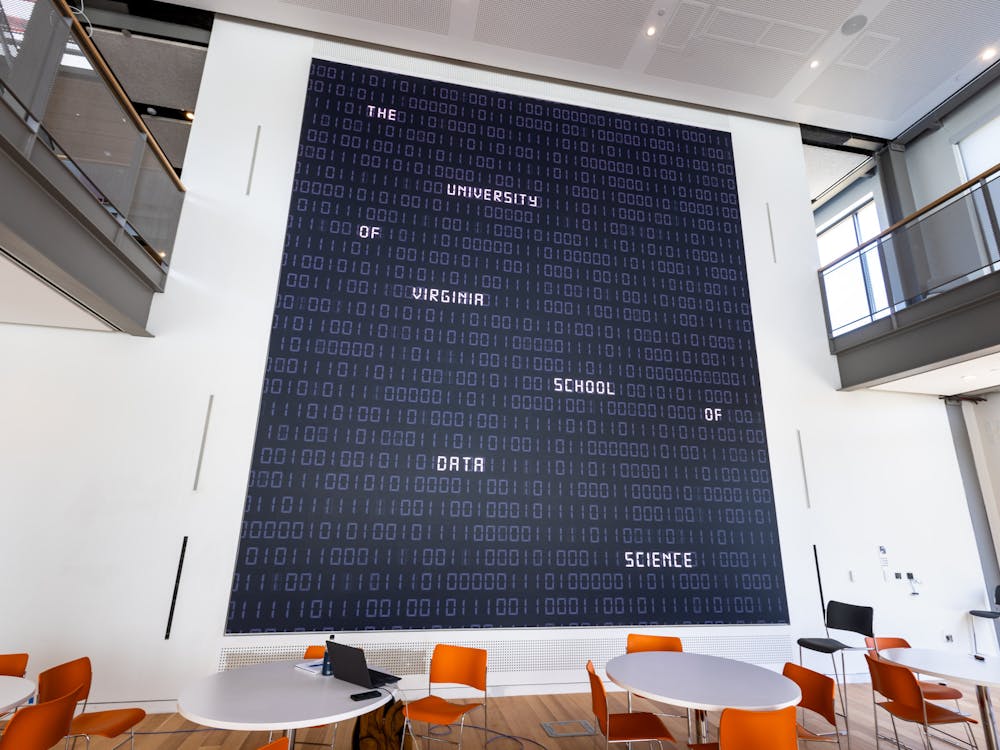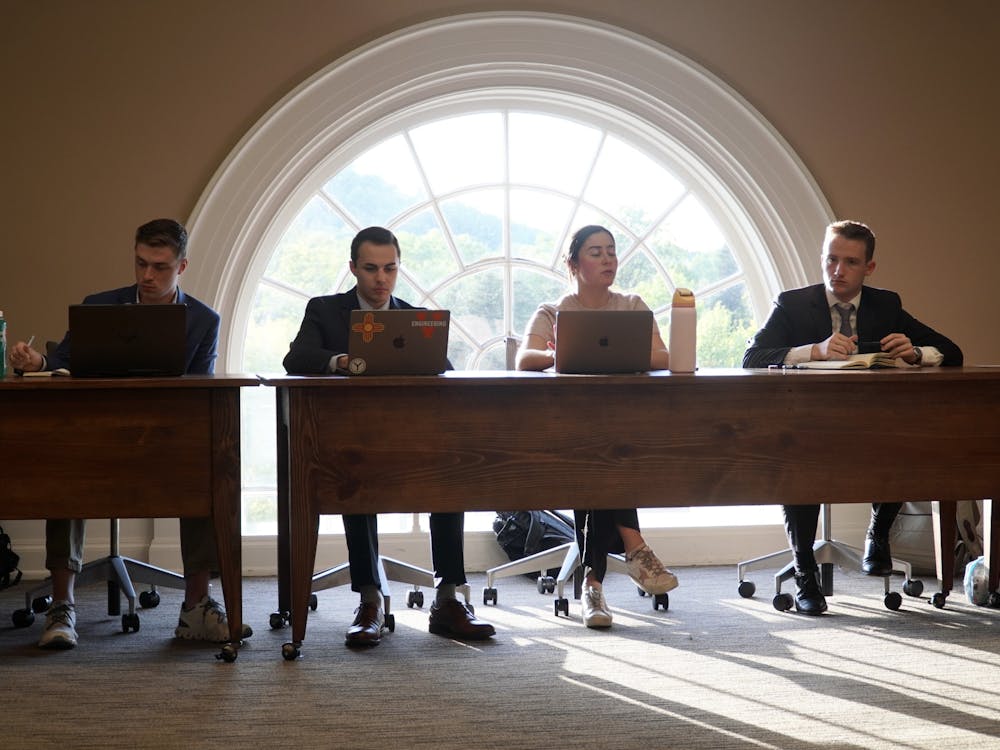The Charlottesville City Council held a hearing Tuesday night in which speakers expressed their concerns about revisions to the city’s permitting process for demonstrations and events.
After hearing from members of the public, the Council decided to postpone codifying the new permitting regulations into an ordinance until more extensive public engagement and community outreach can be conducted.
The Council unanimously passed a resolution — proposed by Councilor Wes Bellamy — scheduling a work session for the end of this month in which community members and representatives from local activist groups and organizations will be able to speak on the permitting revisions.
The hearing was the first to be chaired by Mayor Nikuyah Walker, who was elected by the Council in a 4-1 vote earlier in the meeting. Walker is the first African-American woman to serve as mayor of Charlottesville.
The hearing was the result of citizens calling for further community engagement on the matter of granting permits for demonstrations at the Dec. 18 Council meeting, in which the revised permitting regulations were first discussed by Councilors.
After consultation from the law firm K & L Gates, City Manager Maurice Jones implemented the revisions last month as standard operating procedures. However, the Council must officially codify the policies into an ordinance for the new regulations to be enforced.
The new regulations are a response to the white nationalist events in Charlottesville this past summer, including the deadly ‘Unite the Right’ rally Aug. 12. Organizer Jason Kessler was able to obtain a permit for the rally in Emancipation Park.
The city attempted to move the ‘Unite the Right’ rally to McIntire Park due to safety concerns in the days before Aug. 12. An injunction by a federal judge, however, allowed the rally to continue as planned in Emancipation Park.
The revised permitting regulations aim to increase the city’s control over permitted events and demonstrations in Charlottesville by exerting greater influence over their time, place and manner.
Speakers at the public hearing claimed the new regulations would not prevent the return of white nationalist demonstrators to Charlottesville and would limit the free speech of community members trying to engage in peaceful protest. Many speakers also lamented a lack of public engagement in the development and discussion of the permitting policies.
In particular, the revised permitting policies requiring events of more than 10 participants to obtain a permit garnered extensive criticism.
Attorney Jeffrey Fogel expressed his concerns about the potential for the new regulations to stifle peaceful protest due to the permit requirement for events with more than 10 attendees.
“This is a mistake — look at what happened here,” Fogel said. “We had a horrific event, and then the charge to the lawyers was ‘make it as difficult as conceivably possible to get a permit to exercise free speech rights here.’”
Fogel also criticized the Council for failing to further engage the public in considering the adoption of an ordinance to enforce the permitting revisions.
“This is a terrible ordinance, and the worst part of it is that there was no public engagement on this,” Fogel said. “You all have talked about public engagement for years now, and then you have something as significant as affecting the free speech rights of the people in our community. Don't disbelieve the notion that this is going to come down on the people in our community much more than it's going to come down on anybody else.”
Don Gathers, former chair of the city’s Blue Ribbon Commission on Race, Memorials and Public Spaces, also said the regulations could prevent citizens from peacefully protesting about their legitimate grievances.
“I appreciate your passionate urgency to do something on this,” Gathers said. “In our rush, let's make sure that we don't handcuff or cripple the peaceful protesters while we’re trying to do something appropriate with the jacka—es who want to come in and cause harm to the city.”
Gathers also suggested the Council delay any approval of an ordinance for revised permitting regulations until thorough community outreach has been conducted.
A resident of Charlottesville’s Belmont neighborhood also said the Council has not conducted sufficient community engagement in the consideration of any permitting revision ordinance.
“Having a hearing a couple of minutes before a decision is being made is not really enough time to incorporate realistic public engagement,” she said. “I think there should be some kind of community engagement that's separate from this formal process as its own formal process that happens beforehand so that people can really discuss this.”
The speaker also said many of the revised regulations would not prevent the recurrence of white nationalist rallies in Charlottesville, specifically citing the requirement of a permit for events of 10 or more attendees.
“The rallies that we are so concerned about had hundreds of people, [and] taking that number down to 10 would do nothing to affect those people,” she said. “It would … have a real chilling effect on a lot of people who do peaceful protests in the city.”
Near the end of the meeting, the Council addressed concerns relating to the city’s parking meter pilot program around the Downtown Mall.
The program has been the focus of much criticism since it began with claims that the cost of parking deters people from visiting the mall and has negatively impacted downtown businesses. Some community members have also raised questions about the impacts on safety for people, particularly those who work downtown, who are now parking further away from the mall. The meters charge $1.80 an hour to park near the Mall with a two-hour limit.
The Council voted unanimously to suspend the parking meter program for nine months to allow for a re-evaluation of its benefits to businesses on the Downtown Mall.
The Council originally passed a resolution last April allowing for a six-month trial of the program, which began in September. The goal of the program was to relieve traffic congestion and increase available parking around the Downtown Mall.





